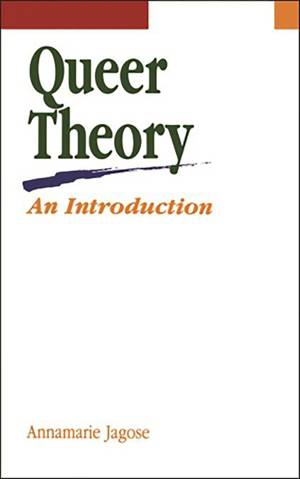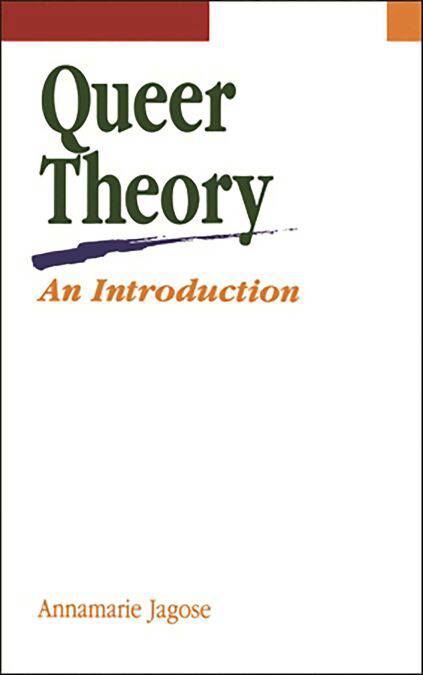
- Afhalen na 1 uur in een winkel met voorraad
- Gratis thuislevering in België vanaf € 30
- Ruim aanbod met 7 miljoen producten
- Afhalen na 1 uur in een winkel met voorraad
- Gratis thuislevering in België vanaf € 30
- Ruim aanbod met 7 miljoen producten
Zoeken
Omschrijving
Ten years ago 'queer' was a term of abuse; now it is routinely, although controversially, used as self-description. Queer Theory traces the intriguing history of same-sex sex over the last century through the mid-century homophile movements, gay liberation, the women's movement and lesbian feminism to the new concept of queer. Annamarie Jagose investigates the arguments of the supporters and opponents of queer theory, finding that its strength lies in its potential to question the very idea of sexual identities. By blending insights from contemporary intellectual theories like post-structuralism and from the work of theorists like Judith Butler, Jagose argues that queer theory's challenge is to create new ways of thinking about not just heterosexuality and homosexuality but also such seemingly given fixed notions as 'sexuality' and 'gender', even 'man' and 'woman'. Queer Theory demonstrates a radical, exciting new way of analysing human identity itself.
Specificaties
Betrokkenen
- Auteur(s):
- Uitgeverij:
Inhoud
- Aantal bladzijden:
- 160
- Taal:
- Engels
Eigenschappen
- Productcode (EAN):
- 9780522863192
- Verschijningsdatum:
- 30/05/2013
- Uitvoering:
- E-book
- Beveiligd met:
- Adobe DRM
- Formaat:
- ePub

Alleen bij Standaard Boekhandel
+ 11 punten op je klantenkaart van Standaard Boekhandel
Beoordelingen
We publiceren alleen reviews die voldoen aan de voorwaarden voor reviews. Bekijk onze voorwaarden voor reviews.











